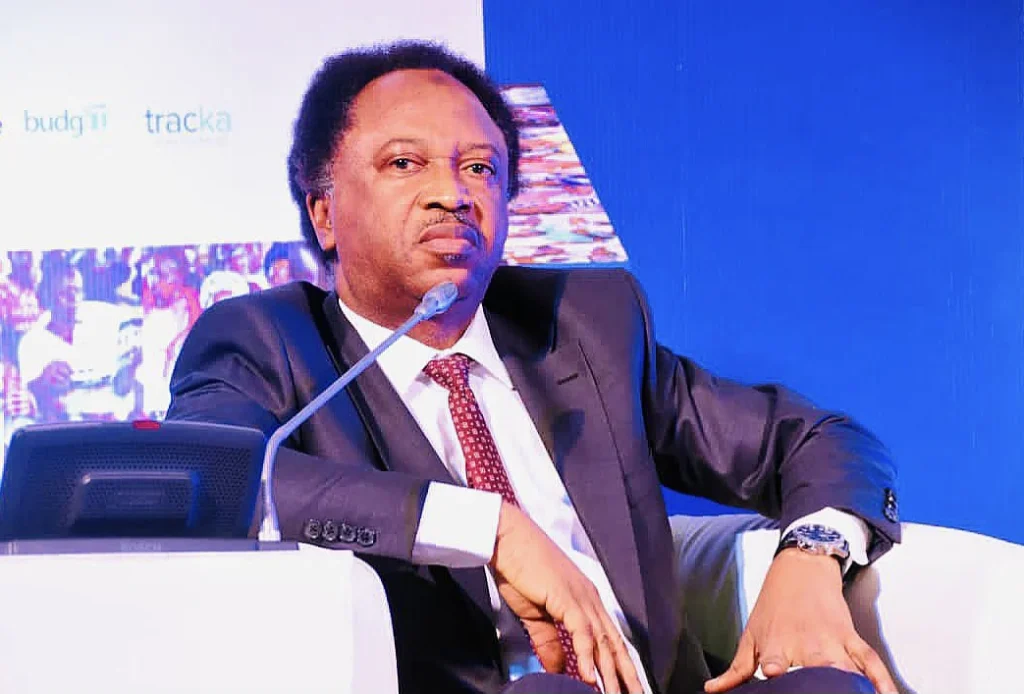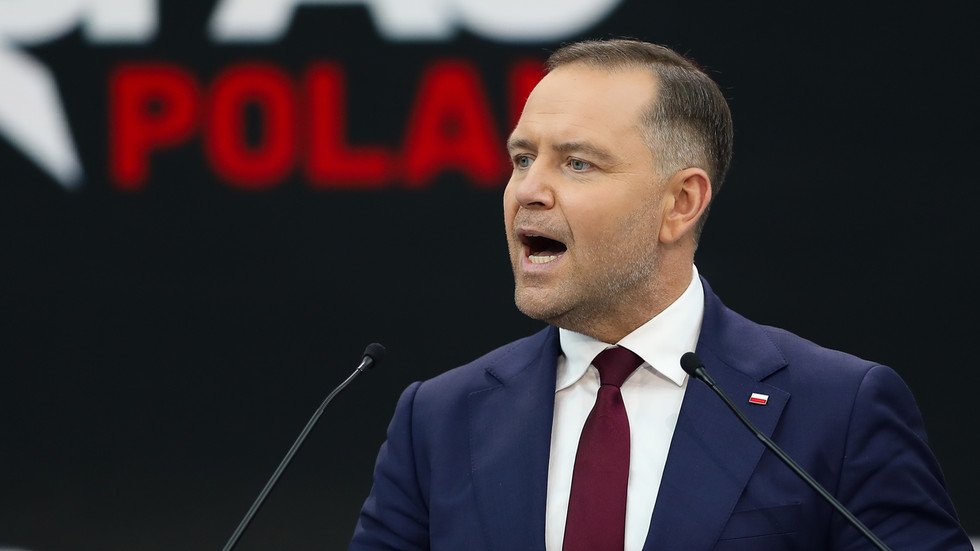Mali’s economy is on the brink of collapse due to an ongoing fuel blockade imposed by the JNIM jihadist group. The militants have intensified their attacks on fuel tankers, particularly those coming from Senegal and Côte d’Ivoire, in an effort to isolate the capital, Bamako, and exert pressure on the ruling junta. This move is in retaliation against the authorities’ ban on the sale of fuel at locations other than service stations in rural areas, aimed at disrupting the jihadists’ fuel supply lines.
The blockade has led to severe fuel shortages, exacerbating power outages that have crippled the economy for the past five years. The junta has announced the cancellation of classes at schools and universities for two weeks due to the shortages. Agricultural machinery has also been rendered inoperable, affecting daily life outside the capital. Talks between Malian intermediaries and the jihadists have failed to alleviate the problem, prompting Western governments to urge their citizens to leave the country.
The US, UK, Italy, Germany, and Canada have withdrawn non-essential staff and advised their nationals to depart Mali immediately, citing the “unpredictability of Bamako’s security situation” and “ongoing armed conflict” around the capital. According to Bakary Sambe, director of the Timbuktu Institute, the jihadists are working towards economic exhaustion, intended to weaken the transitional regime in place, rather than preparing a military assault against the Malian capital.
The JNIM has also targeted industrial and mining sites, particularly in the Kayes region, which accounts for 80 percent of Mali’s gold production. Several attacks have been reported, including the kidnapping of Indian and Chinese employees. Recently, JNIM released three hostages in exchange for a large ransom, reportedly between 50 and 70 million euros, and received several tons of military equipment.
The Malian army has claimed to have targeted a major terrorist base near Sirakoro, neutralizing over a dozen terrorists and destroying equipment. The ongoing crisis has significant implications for Mali’s economy and security, with the junta facing increasing pressure to end the fuel crisis and restore stability to the country. As the situation continues to deteriorate, the international community is watching with concern, and the future of Mali remains uncertain.



